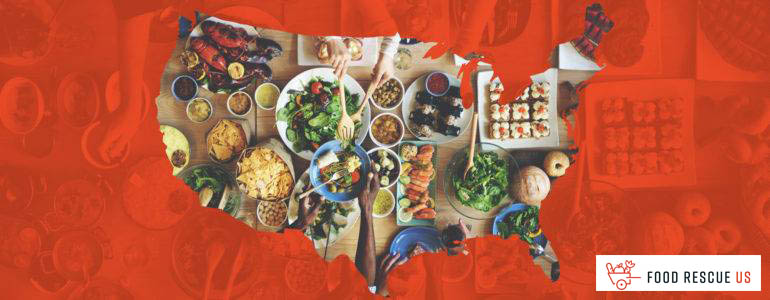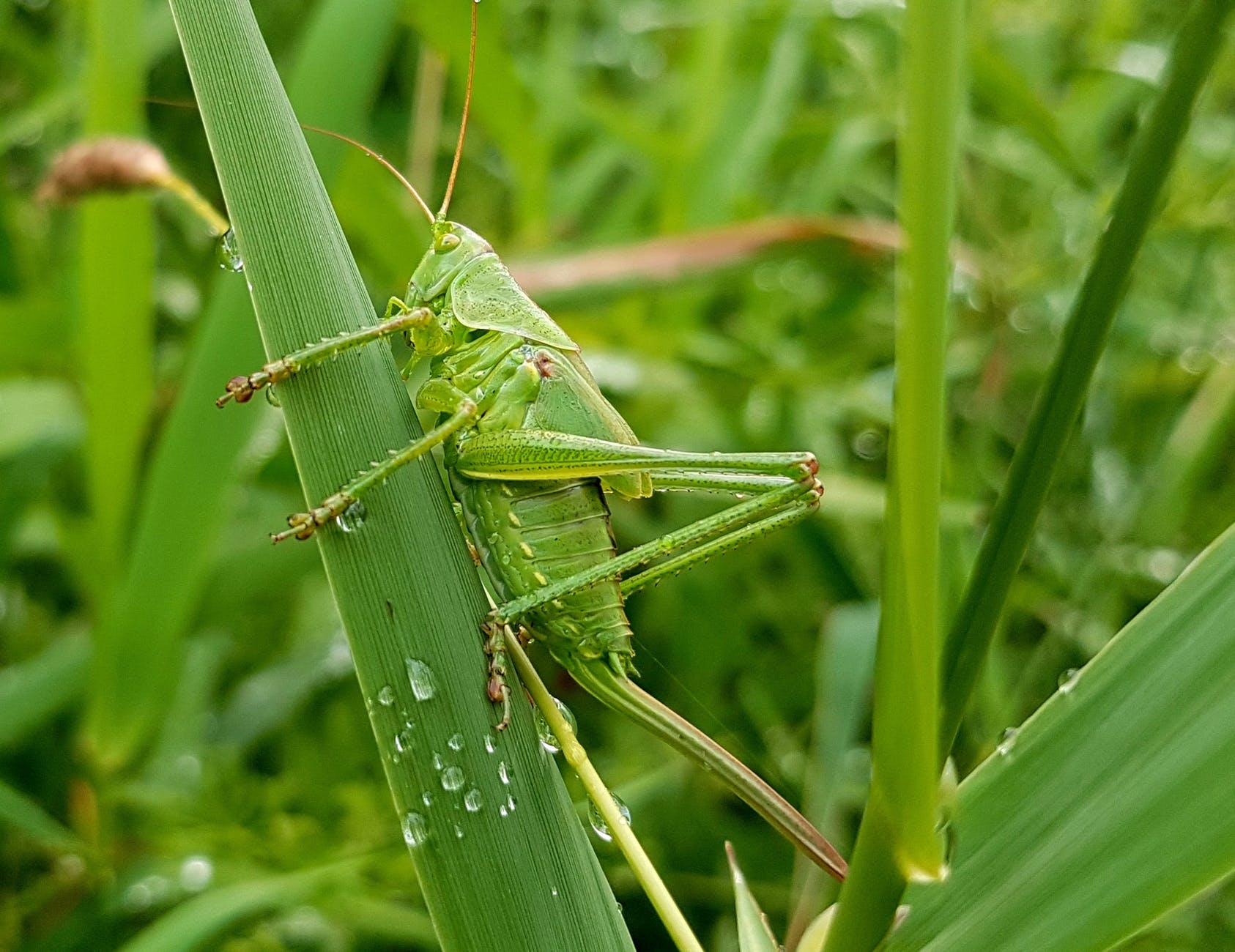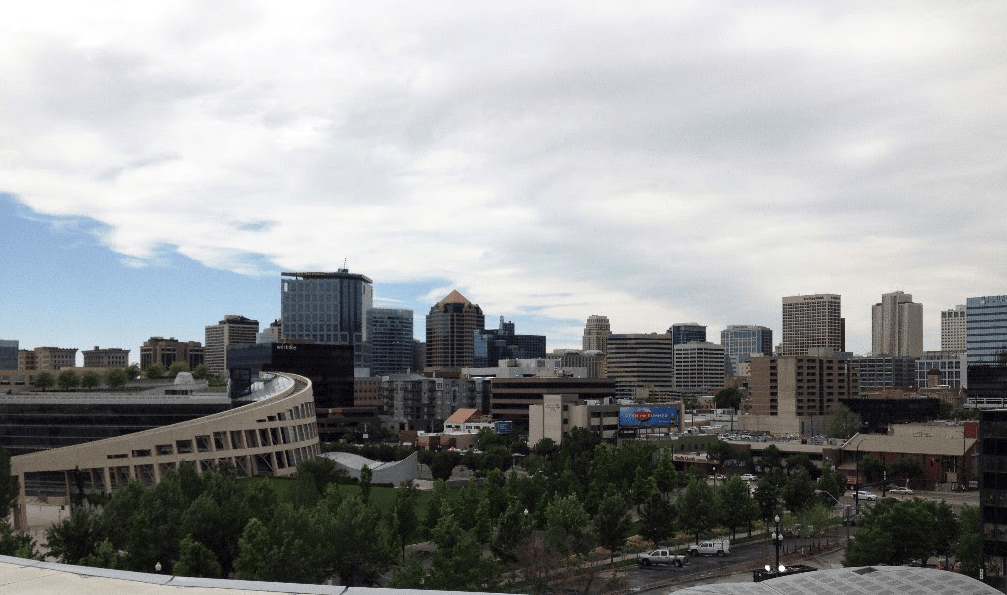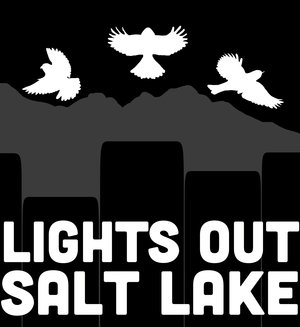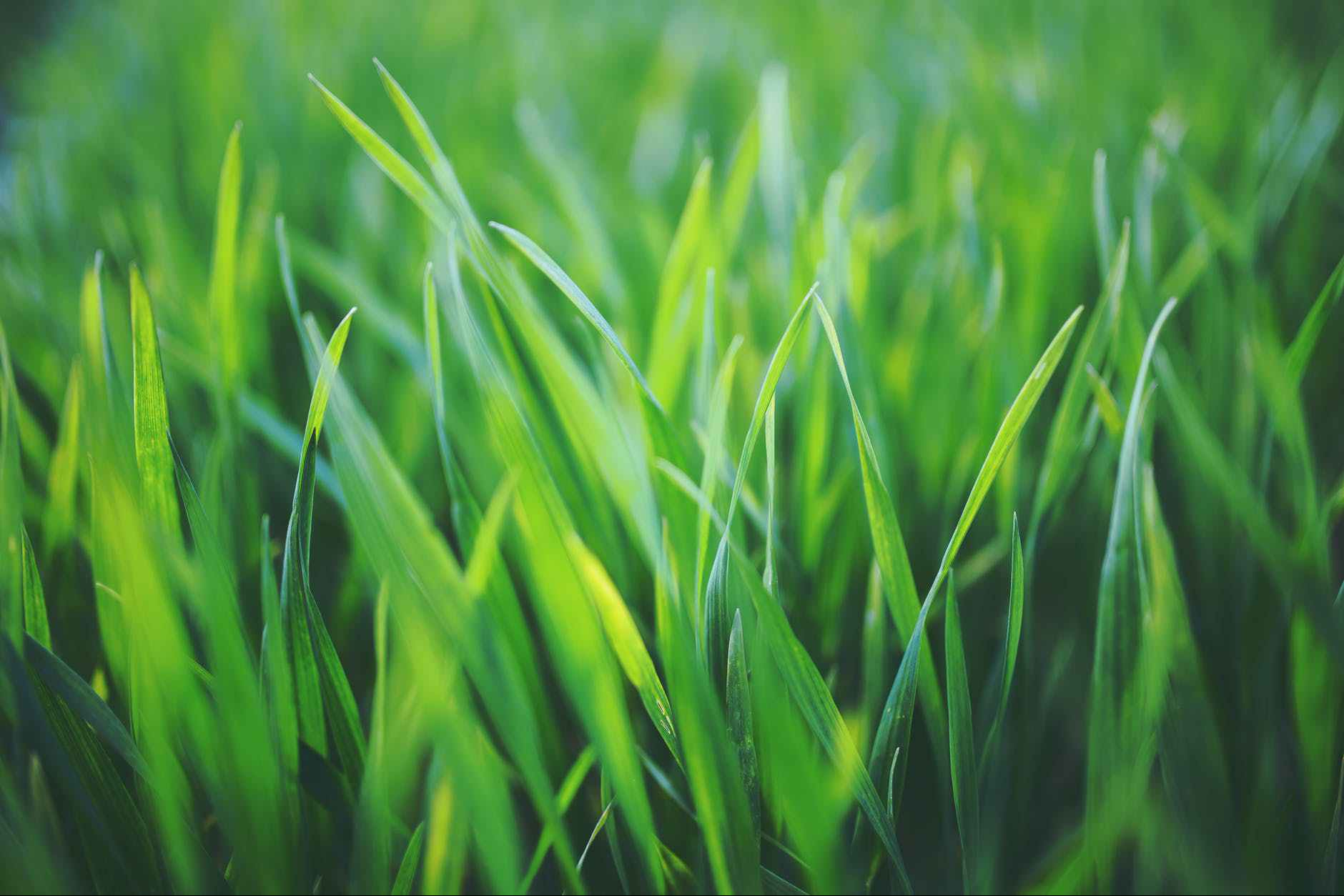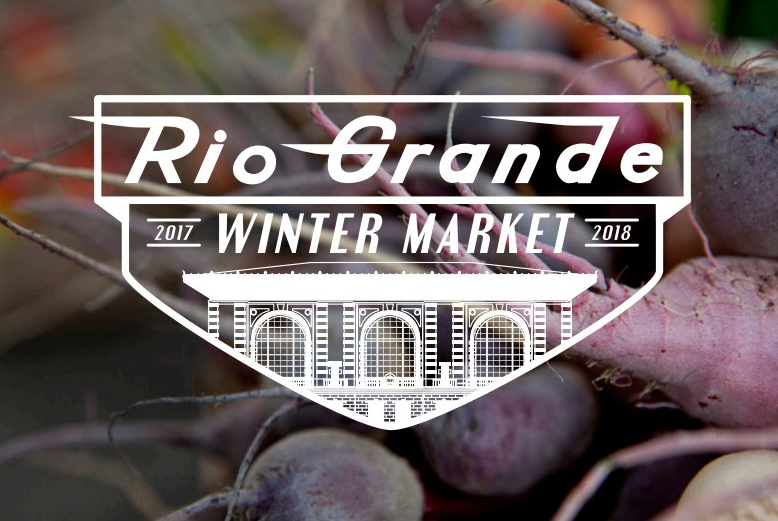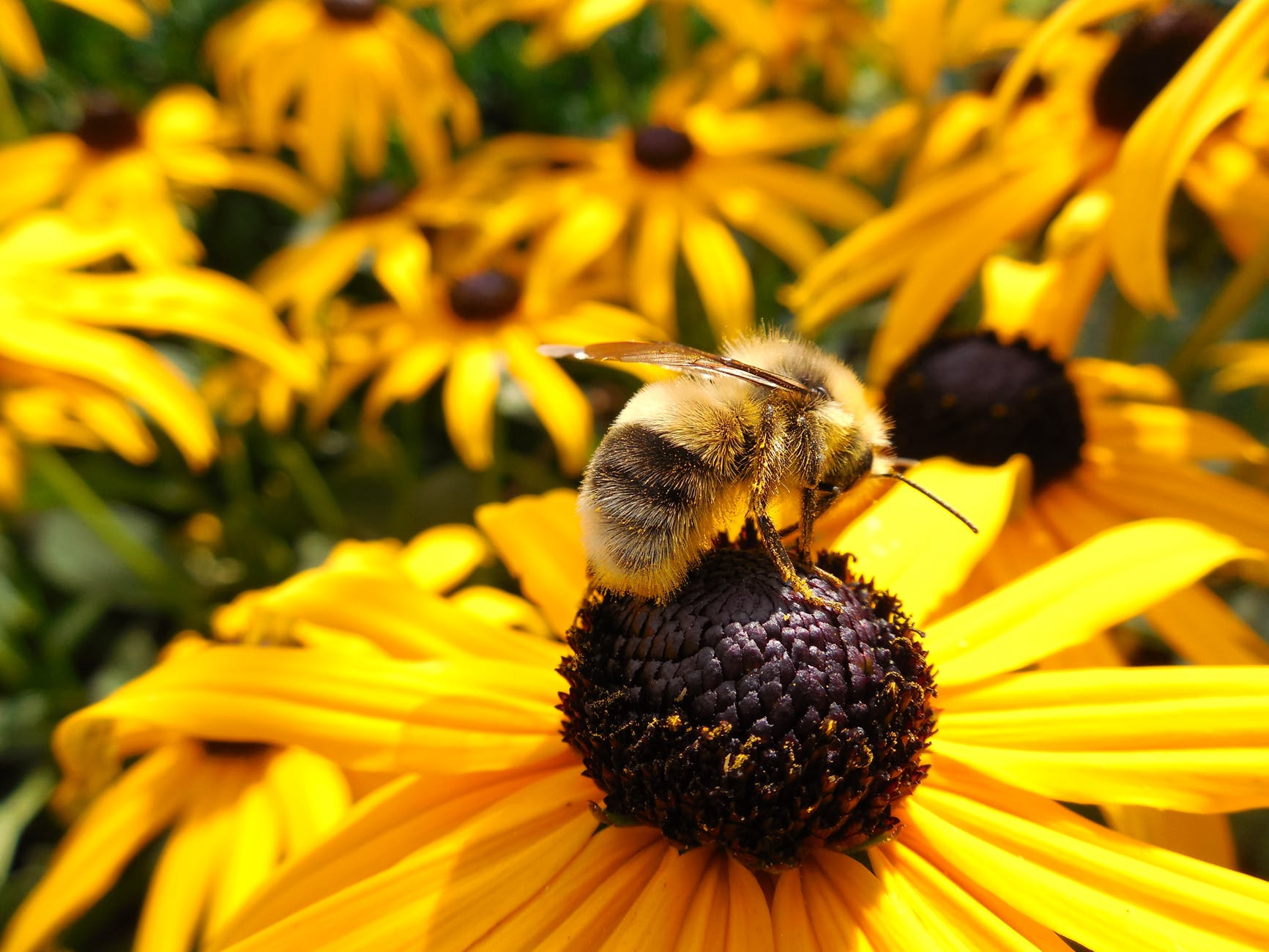SLCgreen‘s Division Director Debbie Lyons and Program Manager Tyler Poulson are presenting a webinar to a national audience on April 19th detailing Salt Lake City’s ambitious climate goals. Wondering how we’re getting to net-100% clean electricity? Sign up to listen live or to access the recording!
As part of that, we’re also excited to be featured in the Sustainable City Network magazine. We’ve included an excerpt here.

Sign up for our April 19 webinar “Moving the Needle Innovative Climate Solutions in Salt Lake City” at: http://bit.ly/2qoCSi3
By Randy Rodgers
Publisher & Executive Editor, Sustainable City Network
Things are heating up in Salt Lake City, Utah. And not in a good way.
The city is located in a region of the U.S. that climate scientists say is warming at more than twice the national average. It would be bad enough if the only victim of that problem was the area’s $1.3 billion ski resort industry, but local leaders know the stakes are higher than that, as water reserves decline and air quality reaches dangerous levels.
As daunting as these threats appear, Salt Lake City’s municipal government has partnered with its local electric utility to make an historic commitment that could become a model for all communities facing the dire effects of climate change in the years to come. The city and Rocky Mountain Power have signed an agreement and drafted a plan to acquire all the community’s electricity from renewable sources by 2032, reducing emissions, saving water and improving air quality in the process.
Salt Lake City gets most of its water from snowmelt in the surrounding mountains, and the city’s water reserves are significantly below historical norms. Higher temperatures are also accelerating the production of ground-level ozone, an invisible, odorless gas that can cause permanent damage to the lungs. Last year the city’s air exceeded the federal ozone standard on more than 20 days.
City officials are bracing for more of the same.
“The climate models show us that we’ll probably get about the same amount of overall precipitation, but it’s going to be coming as rain rather than snow,” said Vicki Bennett, the city’s sustainability department director. That means more of the water runs off in the spring, making less of it available later in the year. She said rising temperatures tend to increase water demand, which only exacerbates the problem.
Last year the Salt Lake County Health Department released a Climate Adaptation Plan for Public Health, which warned of many other health concerns related to the rising temperatures and altered precipitation patterns caused by climate change.
READ MORE AT SUSTAINABLE CITIES NETWORK
